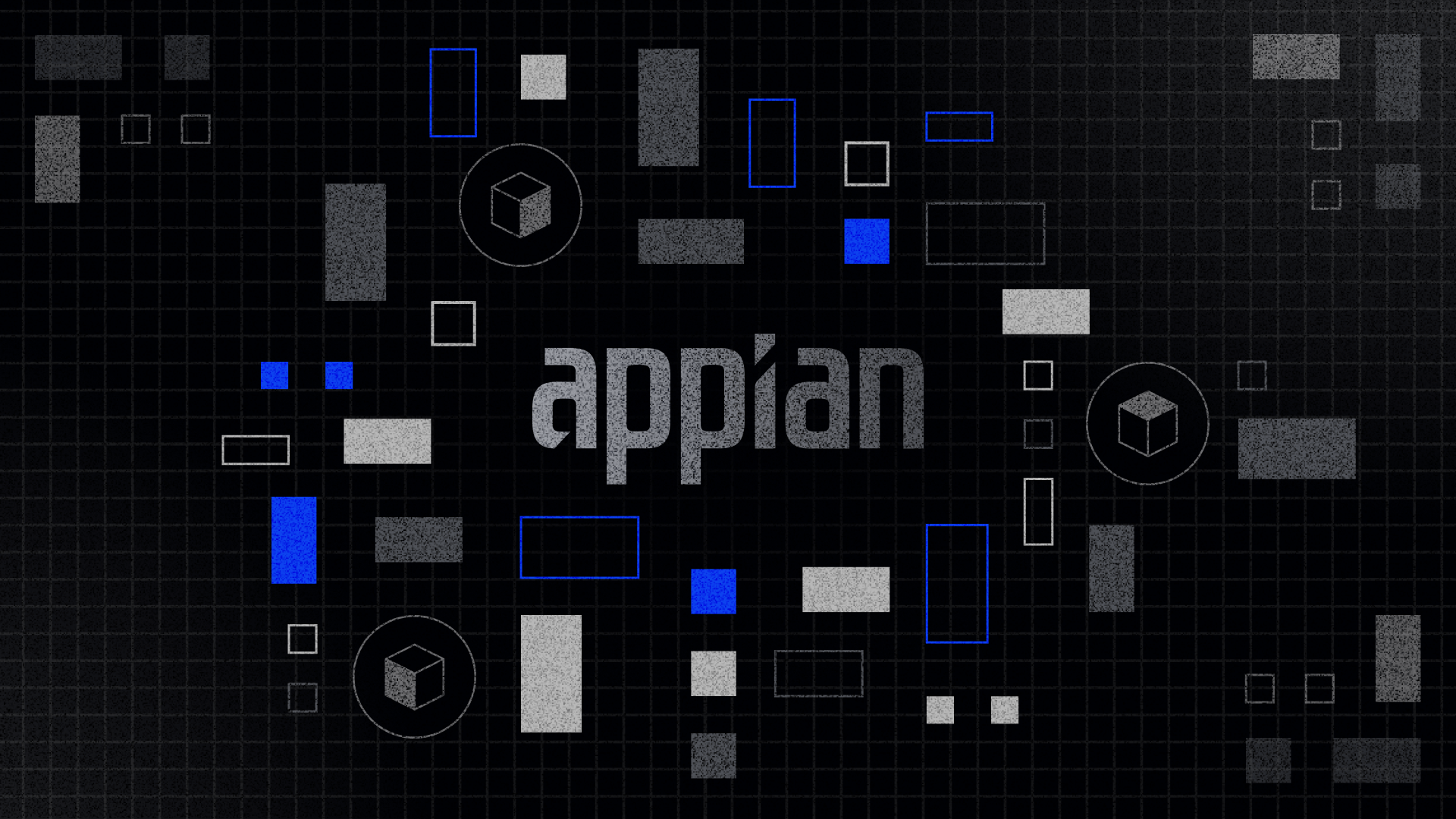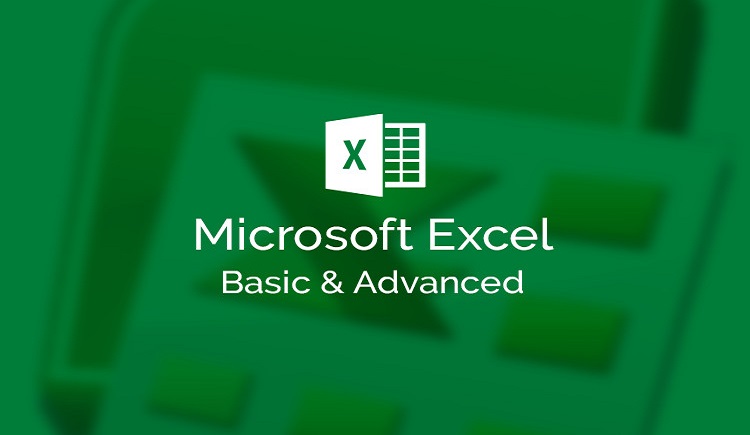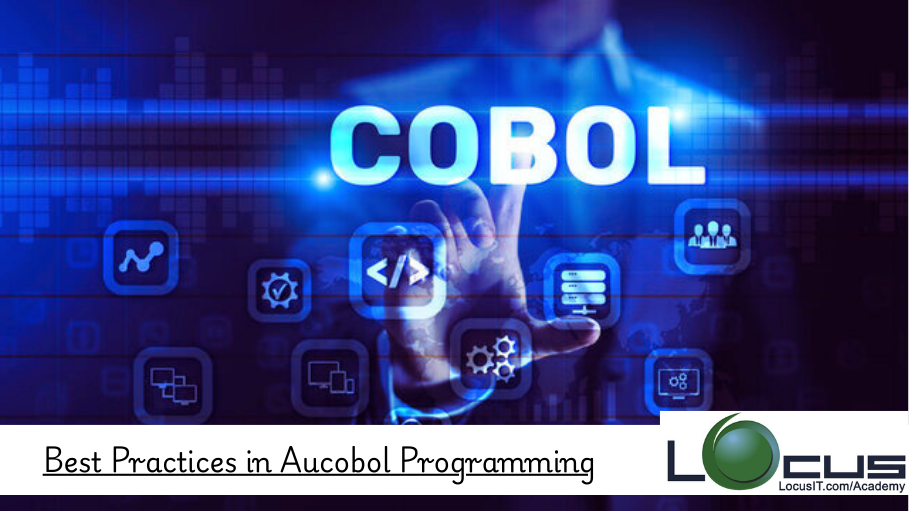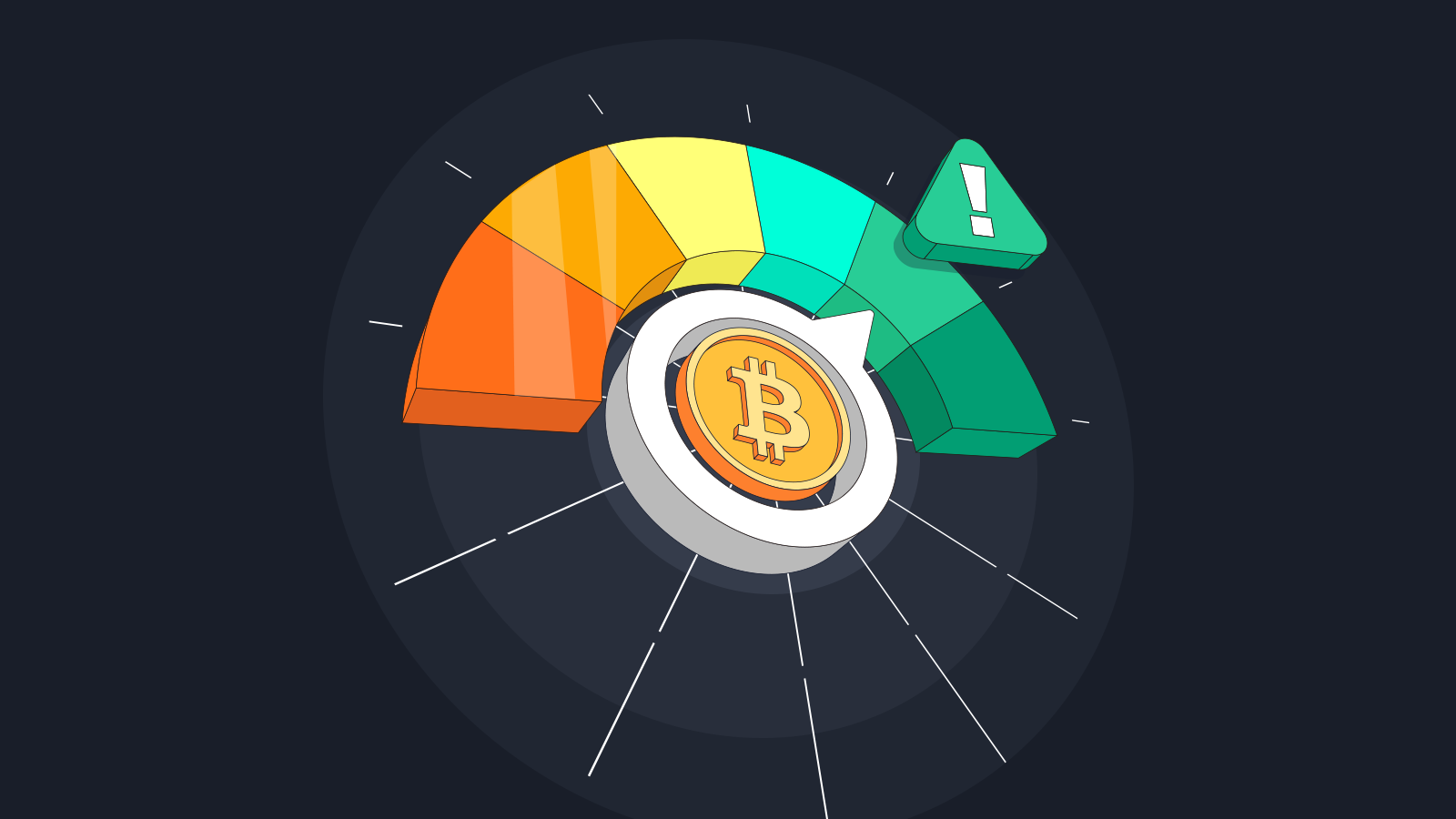Description
Introduction
Appian BPM (Business Process Management) is a powerful platform for automating and optimizing business processes and workflows. This course, Appian BPM: Fundamentals and Workflow Automation, provides a comprehensive introduction to Appian’s capabilities, teaching you how to design, deploy, and manage workflows to improve business efficiency. You will learn to leverage Appian’s low-code environment to build applications that automate manual tasks, streamline processes, and integrate systems across the enterprise. This course is ideal for professionals looking to understand the foundational principles of business process automation and Appian’s powerful tools.
Prerequisites of Appian BPM
- Basic understanding of business process management principles
- Familiarity with basic programming concepts (preferred but not required)
- A willingness to learn about workflow automation and process modeling
Table of Contents
- Introduction to Business Process Management (BPM)
1.1 What is BPM?
1.2 Key Concepts and Benefits of BPM(Ref: Integrating Scala with Hadoop and Spark)
1.3 The Role of BPM in Organizational Efficiency - Getting Started with Appian BPM
2.1 Introduction to the Appian Platform
2.2 Setting Up Your Appian Environment
2.3 Overview of Appian’s Low-Code Development Features - Building Processes in Appian
3.1 Process Models and Workflow Design
3.2 Defining Activities, Tasks, and Events
3.3 Mapping Out Workflow in Appian Process Models
3.4 Integrating Forms and User Interfaces - Data Management in Appian
4.1 Understanding Appian’s Data Structures
4.2 Creating and Managing Data Types
4.3 Connecting to External Data Sources
4.4 Using Appian’s Records for Data Organization - Automation and Workflow in Appian
5.1 Defining and Automating Business Rules
5.2 Using Workflow Automation for Task Management
5.3 Automating Approvals and Notifications
5.4 Monitoring and Managing Workflows - Appian Integration Capabilities
6.1 Integrating with External Systems and APIs
6.2 Using Appian’s Web Services and REST API(Ref: Selenium, Python and REST API)6.3 Data Synchronization Across Platforms
6.4 Case Study: Integrating Appian with ERP Systems - Advanced Appian BPM Features
7.1 Customizing the User Experience with Appian
7.2 Using Appian’s Expressions and Scripting Language
7.3 Implementing Document Management within Workflows
7.4 Advanced Error Handling and Debugging - Deploying and Managing Appian Applications
8.1 Preparing Your Appian Application for Production
8.2 Deploying Applications to Different Environments
8.3 Managing Versions and Updates
8.4 Monitoring and Optimizing Performance - Appian BPM Best Practices and Strategies
9.1 Best Practices for Process Modeling and Automation
9.2 Ensuring Security and Compliance in Appian Applications
9.3 Tips for Scaling Appian BPM Solutions
9.4 Real-World Use Cases and Success Stories - Project: Designing a Workflow Automation Application in Appian
10.1 Project Overview: Requirements and Scope
10.2 Building the Process Model and User Interface
10.3 Integrating Data and Automation Rules
10.4 Finalizing and Deploying the Solution
Conclusion
Appian BPM: Fundamentals and Workflow Automation provides you with the essential knowledge and skills to leverage Appian’s powerful tools for automating business processes. By the end of the course, you will be able to design, implement, and manage workflows that drive business efficiency and process optimization. Whether you are looking to streamline internal processes or integrate with existing enterprise systems, Appian offers the flexibility and functionality needed to transform your business operations. This course equips you with the foundation to unlock the full potential of BPM automation within your organization.







Reviews
There are no reviews yet.